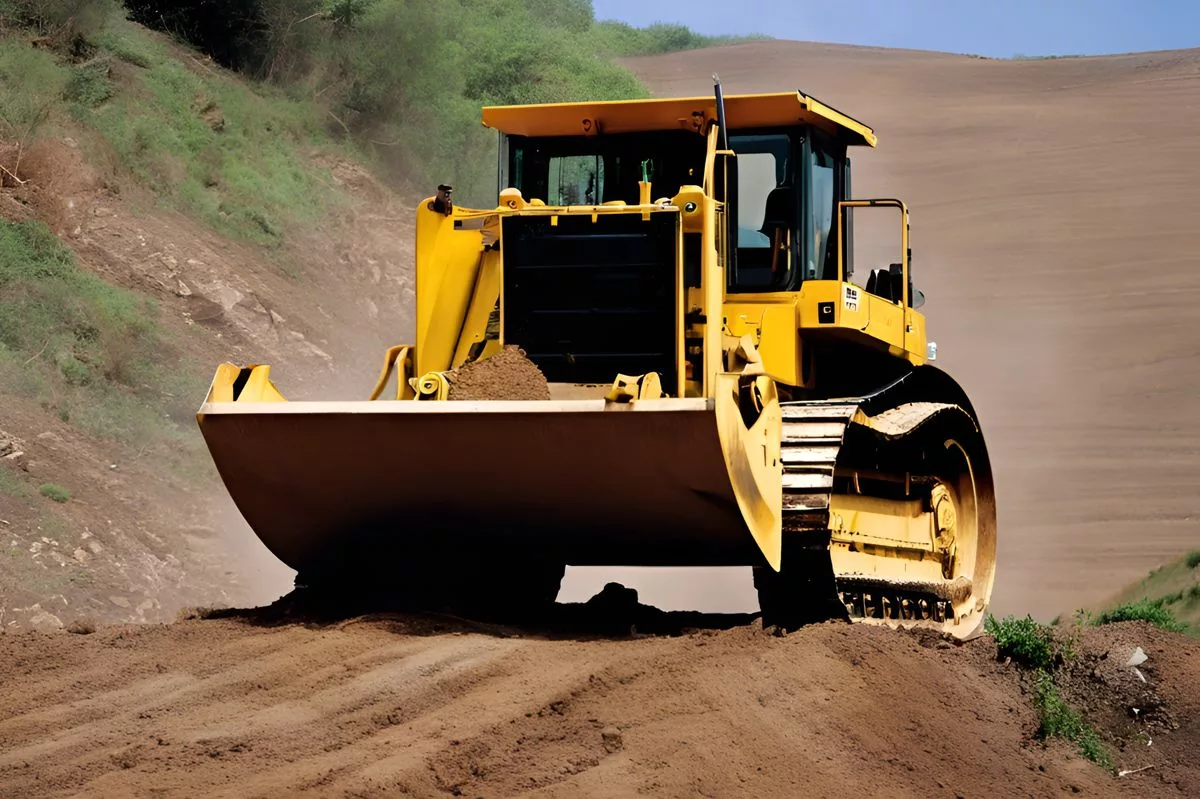South Africans can rejoice as the government increases Social Security grants, including the SRD grant and old-age pensions, to provide much-needed financial support. Applying for the SRD grant is easy, with disbursement scheduled for the last week of every month, starting from April 24th. Applicants for old-age pensions must pass an asset and means test, but the waiting period for approval may result in retroactive payment dating back to the time of application. These grants demonstrate the government’s commitment to building a fairer, more inclusive society and provide crucial support to millions, contributing to the creation of a more inclusive society where poverty and income disparity are not insuperable obstacles.
Increased Social Security grants, including the Social Relief of Distress grant, and old-age pensions will provide much-needed financial support to South Africans. The process for applying to the SRD grant is seamless and disbursement is scheduled for the last week of every month starting from April 24th. Applicants for old-age pensions must pass an asset and means test, but the waiting period for approval may result in retroactive payment dating back to the time of application. These grants demonstrate the government’s commitment to building a fairer, more inclusive society.
The South African Social Security Agency (SASSA) is set to bring a wave of financial respite to its citizens in urgent need by declaring a substantial increase in grants for April 2024. This annual augmentation comes as a glimmer of optimism, particularly in strenuous times such as the Easter long weekend, offering much-needed support to those reliant on welfare.
The most noticeable aspect of this year’s uplift is the unprecedented rise of the Social Relief of Distress (SRD) grant to R370. This grant is an essential tool that aids South Africans lacking any source of income, acting as a lifeline for those struggling with poverty. The process for applying to the SRD grant is seamless and can be done online. The disbursement of payments is scheduled for the last week of every month, starting from Wednesday, 24 April.
Increased Old-Age Pensions: A Significant Move by the Government
Come April 2024, SASSA also promises an uplift in old-age pensions, a crucial step for the government considering the current number of pensioners, which is a whopping four million. It’s essential to note that the application procedure for a SASSA state pension requires an individual to physically visit a SASSA branch or office since the application form isn’t available online.
Applying for an old-age pension is fairly simple and straightforward. Applicants, or their appointed representatives, are required to provide several documents. The deciding factor for a successful Older Persons grant application is passing the SASSA-conducted asset and means test.
The asset and means test involve a careful examination of an applicant’s financial documents by SASSA to confirm their income does not exceed certain limits. For an individual, the income ceiling is set at R86,280 per year or R7,190 per month. For married couples, their joint household income should not go over R164,880 per year or R13,740 per month. Regarding assets, an individual’s assets should not be worth more than R1,227,600, and for married couples, the limit is R2,349,600.
Robust Measures to Ensure Aid Reaches the Right Hands
Once the application is lodged, applicants can expect a waiting period of up to three months for approval. Despite this, there is a silver lining to the waiting period. If the application is approved, the benefits accrued during the waiting period will be paid retroactively, dating back to the time of the application.
The SASSA grants for 2024 are a testament to the government’s firm dedication to lessening the economic divide for the vulnerable population, making sure they are not overlooked in society. These grants do more than just offer financial aid; they depict a society that prioritizes the welfare of all its citizens.
While the application process might seem stringent and the waiting period considerable, these robust steps ensure the grants reach those who are truly in need. The routine increases serve as evidence of the government’s push for a fairer society, with the value of the grants taking into consideration the escalating costs of living. The increase in the SRD grant this year is particularly commendable as it results in a significant improvement in assisting those with no income.
Building an Inclusive Society through SASSA Grants
The SASSA grants provide crucial support to millions, contributing to the creation of a more inclusive society where poverty and income disparity are not insuperable obstacles. As the community battles economic unpredictability, these initiatives nurture resilience among the most vulnerable, equipping them with the resources to tackle life’s hurdles.
Looking forward, the SASSA grants for April 2024, along with its previous iterations, play a key role in the framework of the South African social security system. Even though the path to economic inclusivity is still long and arduous, these gradual steps reassure us that progress, however slow, is on the horizon.
1. What are the Social Security grants being increased in South Africa?
The Social Security grants being increased in South Africa include the Social Relief of Distress (SRD) grant and old-age pensions.
2. When will the disbursement of SRD grants begin?
The disbursement of SRD grants is scheduled for the last week of every month, starting from April 24th.
3. What is the process for applying to the SRD grant?
The process for applying to the SRD grant is easy and can be done online.
4. What is the waiting period for approval of old-age pensions?
The waiting period for approval of old-age pensions can be up to three months.
5. What is the asset and means test for old-age pension applicants?
The asset and means test involves a careful examination of an applicant’s financial documents to confirm their income and assets do not exceed certain limits. The income ceiling is set at R86,280 per year for individuals or R7,190 per month and R164,880 per year or R13,740 per month for married couples. An individual’s assets should not be worth more than R1,227,600, and for married couples, the limit is R2,349,600.
6. How do the SASSA grants contribute to building a more inclusive society?
The SASSA grants provide crucial support to millions, contributing to the creation of a more inclusive society where poverty and income disparity are not insuperable obstacles. These grants demonstrate the government’s commitment to building a fairer, more inclusive society.










